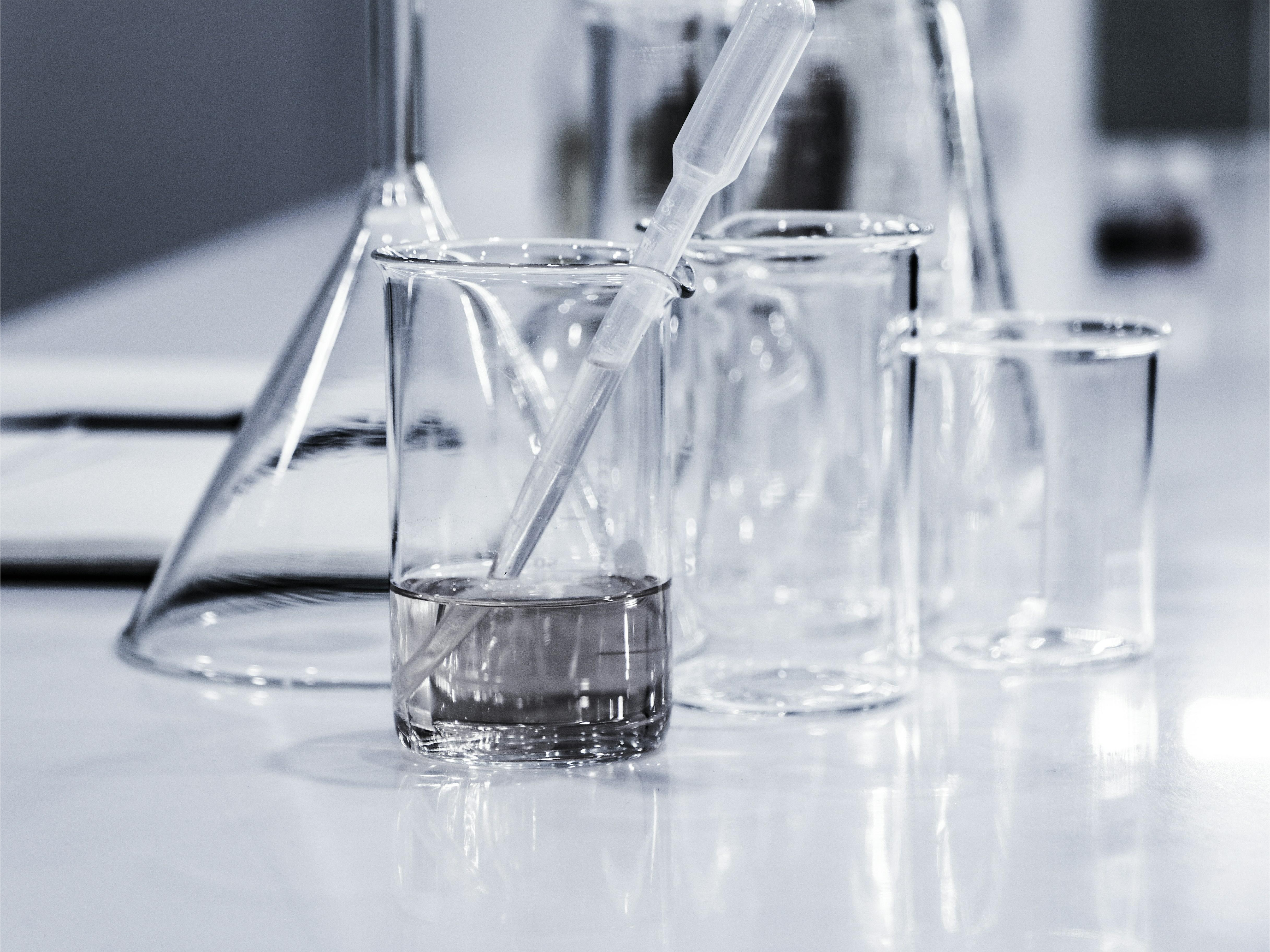Ammonia Degrading Bacteria for Wastewater Treatment
Our Ammonia Degrading Bacteria is a high-performance microbial agent specifically designed to break down ammonia nitrogen (NH₃-N) and total nitrogen (TN) in various wastewater treatment applications. Featuring a synergistic blend of nitrifying bacteria, denitrifying bacteria, and other beneficial strains, this product efficiently degrades complex organics into harmless substances such as nitrogen gas, carbon dioxide, and water—ensuring effective biological ammonia treatment without secondary pollution.
Product Description
Appearance: Fine powder
Viable Bacteria Count: ≥ 20 billion CFU/g
Key Components:
Pseudomonas spp.
Bacillus spp.
Nitrifying & denitrifying bacteria
Corynebacterium, Alcaligenes, Agrobacterium, Arthrobacterium, and other synergistic strains
This formulation supports the biological conversion of ammonia and nitrite through nitrification and denitrification processes, reducing odors and improving overall nitrogen removal efficiency in both municipal and industrial wastewater systems.
Main Functions
1. Ammonia Nitrogen & Total Nitrogen Removal
Rapid breakdown of ammonia nitrogen (NH₃-N) and nitrite (NO₂⁻)
Converts nitrogen compounds into inert nitrogen gas (N₂)
Reduces methane, hydrogen sulfide (H₂S), and ammonia odors
No generation of secondary pollutants
2. Enhanced Biofilm Formation & System Start-Up
Shortens acclimation and biofilm formation time in activated sludge systems
Improves microbial colonization on carriers
Speeds up biological response, reduces retention time, and increases throughput
3. Efficient and Cost-Effective Nitrogen Treatment
Increases ammonia nitrogen removal efficiency by over 60%
No need to modify existing treatment processes
Reduces chemical use and operating costs
Application Fields
This ammonia removal bacteria product is suitable for a wide range of organic-rich wastewater sources, including:
Municipal wastewater treatment plants
Industrial wastewater systems, such as:
Chemical wastewater
Printing & dyeing effluent
Landfill leachate
Food processing wastewater
Other high-organic or toxic load effluents
Recommended Dosage
Industrial Wastewater: 100–200g/m³ initially; increase by 30–50g/m³/day during shock load or fluctuations
Municipal Wastewater: 50–80g/m³ (based on biochemical tank volume)
Optimal Application Conditions
|
Parameter |
Range |
Notes |
| pH | 5.5–9.5 | Optimal: 6.6–7.8; best performance near pH 7.5 |
| Temperature | 8°C–60°C | Ideal: 26–32°C; lower temps slow growth, >60°C may cause cell death |
| Dissolved Oxygen | ≥2 mg/L | Higher DO accelerates microbial metabolism by 5–7× in aeration tanks |
| Salinity | ≤6% | Suitable for high-salinity industrial wastewater |
| Trace Elements | Required | Includes K, Fe, Ca, S, Mg – usually present in wastewater or soil |
| Chemical Resistance | Moderate–High | Tolerant to chloride, cyanide, heavy metals; assess biocide risk |
Important Notice
Product performance may vary based on influent quality, system design, and operational parameters.
When biocides or disinfectants are present in the system, they may negatively affect microbial activity. Evaluate compatibility in advance, and consider neutralizing harmful agents if necessary.
-
Denitrifying Bacteria Agent for Nitrate Removal...
-
Anaerobic Bacteria Agent for Wastewater Treatme...
-
Nitrifying Bacteria Agent for Ammonia & Ni...
-
BAF@ Water Purification Agent – Biological Wast...
-
Oil Removal Bacteria Agent for Oily Wastewater ...
-
High-Efficiency Aerobic Bacteria Agent for Wast...














